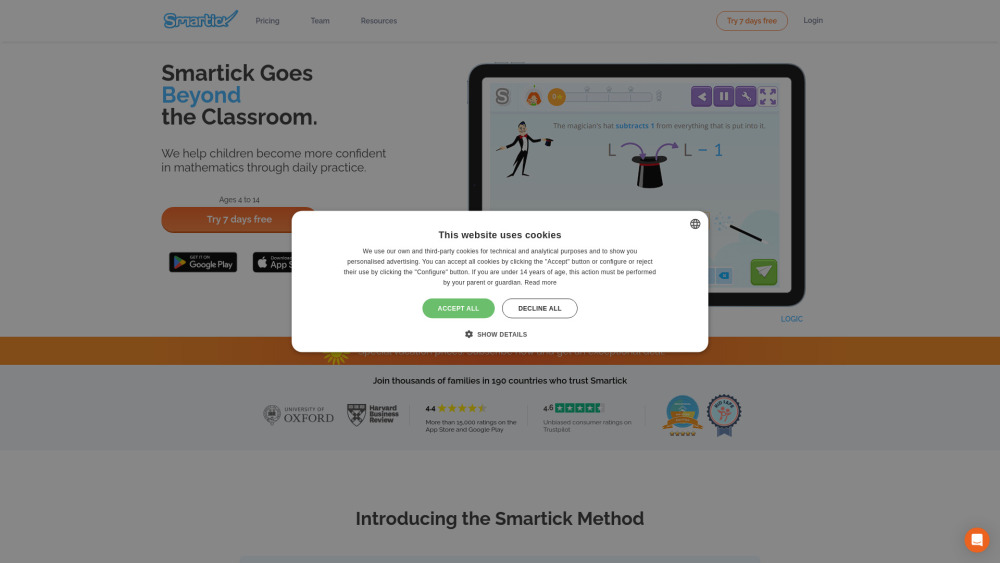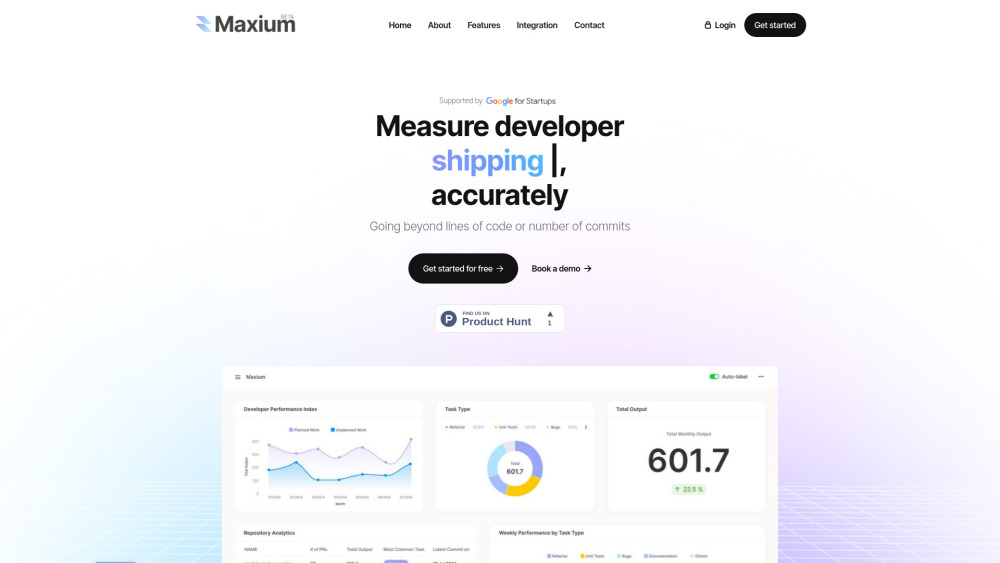In a major advancement for personalized artificial intelligence, OpenAI has introduced significant enhancements to its fine-tuning API and expanded its custom models program.
These updates provide developers with enhanced control over AI model fine-tuning and open new pathways for creating custom models tailored to specific business needs.
Enhanced Fine-Tuning Capabilities
Since its launch in August 2023, the fine-tuning API for GPT-3.5 has transformed how organizations refine AI models for targeted tasks. This process deepens a model’s understanding of specialized content while enhancing its existing knowledge base for improved task execution. Thousands of organizations have successfully fine-tuned hundreds of thousands of models across various applications, including programming optimization and personalized content creation.
Recent API enhancements include epoch-based checkpoint creation, which reduces the need for retraining and lessens the risk of overfitting. Additionally, a new comparative Playground UI allows for side-by-side evaluation of model outputs, incorporating valuable human insights. These advancements, coupled with third-party integrations like Weights and Biases and enhanced validation metrics, represent a significant leap in fine-tuning technology.
Expanding the Custom Models Program
OpenAI is also expanding its Custom Model program to include assisted fine-tuning and the creation of fully custom-trained models, particularly for organizations with unique requirements that standard AI models cannot fulfill.
Assisted fine-tuning involves collaboration between OpenAI’s technical teams and organizations, employing advanced techniques and personalized parameters to maximize model performance. This approach has already proven successful for companies like SK Telecom, which reported significant improvements in customer service performance. Interestingly, SK Telecom was previously linked to investments in OpenAI's competitor, Anthropic, for similar model development.
Conversely, fully custom-trained models cater to organizations with complex needs, allowing for the development of models from the ground up. A notable example is Harvey, an AI tool for attorneys that partnered with OpenAI to create a custom model enhancing the accuracy of legal case law analysis.
The Future of AI Customization
OpenAI envisions a future where customized AI models are standard for businesses seeking to leverage the full potential of artificial intelligence. The available tools and programs enable organizations to create AI models finely tuned to their specific requirements, resulting in more effective and efficient outcomes.
As the AI landscape evolves, OpenAI’s latest offerings represent a critical step toward more personalized AI solutions. For developers and organizations looking to initiate their AI customization journey, the updated fine-tuning API and expanded custom models program provide a strong foundation for innovation and growth.
Getting Started
For those interested in exploring these new capabilities, OpenAI invites you to visit their fine-tuning API documentation. Additional information about custom model development and collaboration opportunities is also available for organizations ready to elevate their AI implementations.
As AI becomes increasingly integral to various sectors, OpenAI’s updates signal a new era of customization and efficiency, promising significant advantages for businesses and developers alike.




